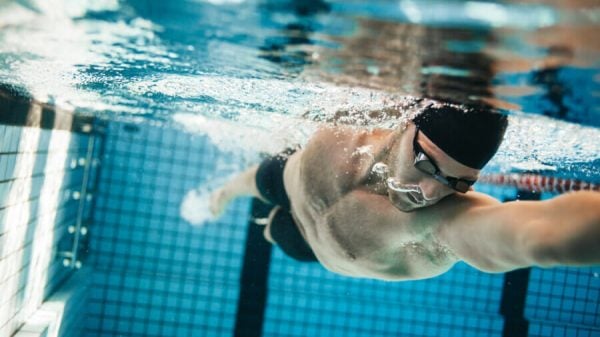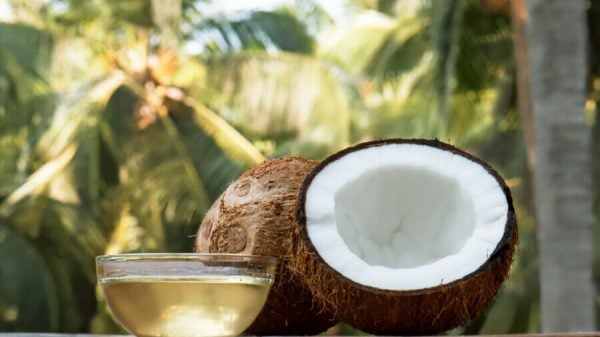Absence of water and food does not constitute a balanced diet.
When the urge to shed pounds quickly arises, it might be tempting to embrace the latest trendy diet without much thought. This is why conducting thorough research and seeking advice is crucial, as diving into dry fasting can be the result.
Dry fasting has garnered attention on various social platforms as a supposed “diet” option. While fasting diets have been around for some time and can be harmless if essential nutrients are still consumed, dry fasting takes it to extremes by eliminating both food and water intake for prolonged periods. Let’s be clear right away: this is an extremely ill-advised practice.
Conventional fasting is one thing, but the human body cannot function without adequate hydration. Proponents of dry fasting claim it can “reboot” kidney function for improved bodily filtration. Individuals who have experimented with dry fasting may appear to have improved physical appearance in photos, but this is primarily due to a rapid depletion of electrolytes.
Deliberately depriving your body of water triggers a survival response, causing the release of chemicals and hormones to conserve the remaining water. Pushing through an entire day without water significantly increases the risk of developing kidney stones. Prolonging this state poses life-threatening dangers.
If weight loss is your goal, fasting can be an option, but ensure to stay well-hydrated throughout the process. Considering that humans are comprised of 60% water, depriving your body of this vital component reduces you to less than half of what you are.










